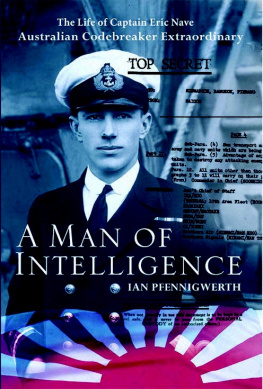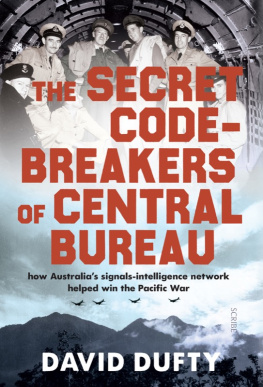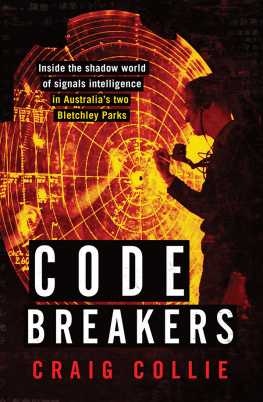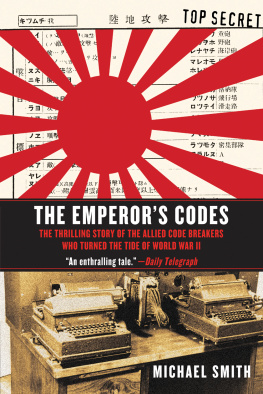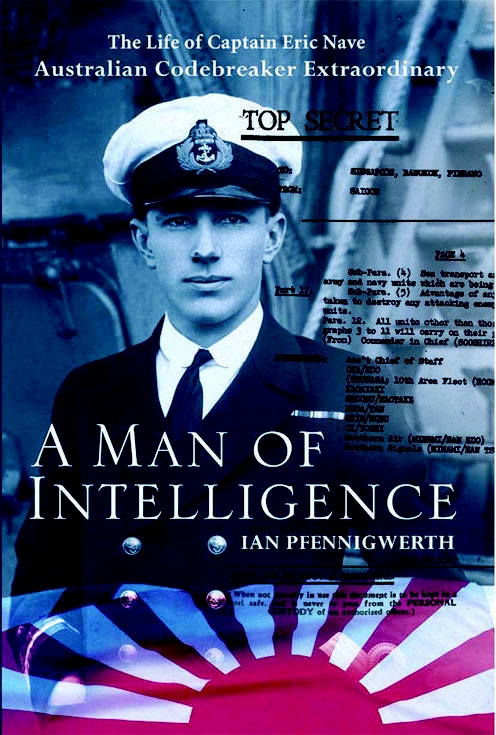Ian Pfennigwerth - Man of Intelligence: The Life of Captain Eric Nave, Code breaker Extraordinary
Here you can read online Ian Pfennigwerth - Man of Intelligence: The Life of Captain Eric Nave, Code breaker Extraordinary full text of the book (entire story) in english for free. Download pdf and epub, get meaning, cover and reviews about this ebook. year: 2006, publisher: Rosenberg Publishing, genre: Politics. Description of the work, (preface) as well as reviews are available. Best literature library LitArk.com created for fans of good reading and offers a wide selection of genres:
Romance novel
Science fiction
Adventure
Detective
Science
History
Home and family
Prose
Art
Politics
Computer
Non-fiction
Religion
Business
Children
Humor
Choose a favorite category and find really read worthwhile books. Enjoy immersion in the world of imagination, feel the emotions of the characters or learn something new for yourself, make an fascinating discovery.
- Book:Man of Intelligence: The Life of Captain Eric Nave, Code breaker Extraordinary
- Author:
- Publisher:Rosenberg Publishing
- Genre:
- Year:2006
- Rating:3 / 5
- Favourites:Add to favourites
- Your mark:
Man of Intelligence: The Life of Captain Eric Nave, Code breaker Extraordinary: summary, description and annotation
We offer to read an annotation, description, summary or preface (depends on what the author of the book "Man of Intelligence: The Life of Captain Eric Nave, Code breaker Extraordinary" wrote himself). If you haven't found the necessary information about the book — write in the comments, we will try to find it.
Eric Nave, an Australian naval officer, was the first to unravel Japanese naval telegraphy and to break Imperial Japanese Navy codes. Yet few Australians have ever heard of the exploits and achievements of this exceptionally talented man who did so much for the safety and security of our country. This biography tells how a bright lad with ambition and with a powerful streak of luck entered and carved his own special niche in the arcane world of codebreaking. It sets his achievements against the geopolitical shifts which led to war with Japan in 1941. It explores the dysfunctional nature of US signals intelligence and its effects on war in the South West Pacific, and charts the rise of Australias quantitative and qualitative contribution to Allied intelligence.
Ian Pfennigwerth: author's other books
Who wrote Man of Intelligence: The Life of Captain Eric Nave, Code breaker Extraordinary? Find out the surname, the name of the author of the book and a list of all author's works by series.

